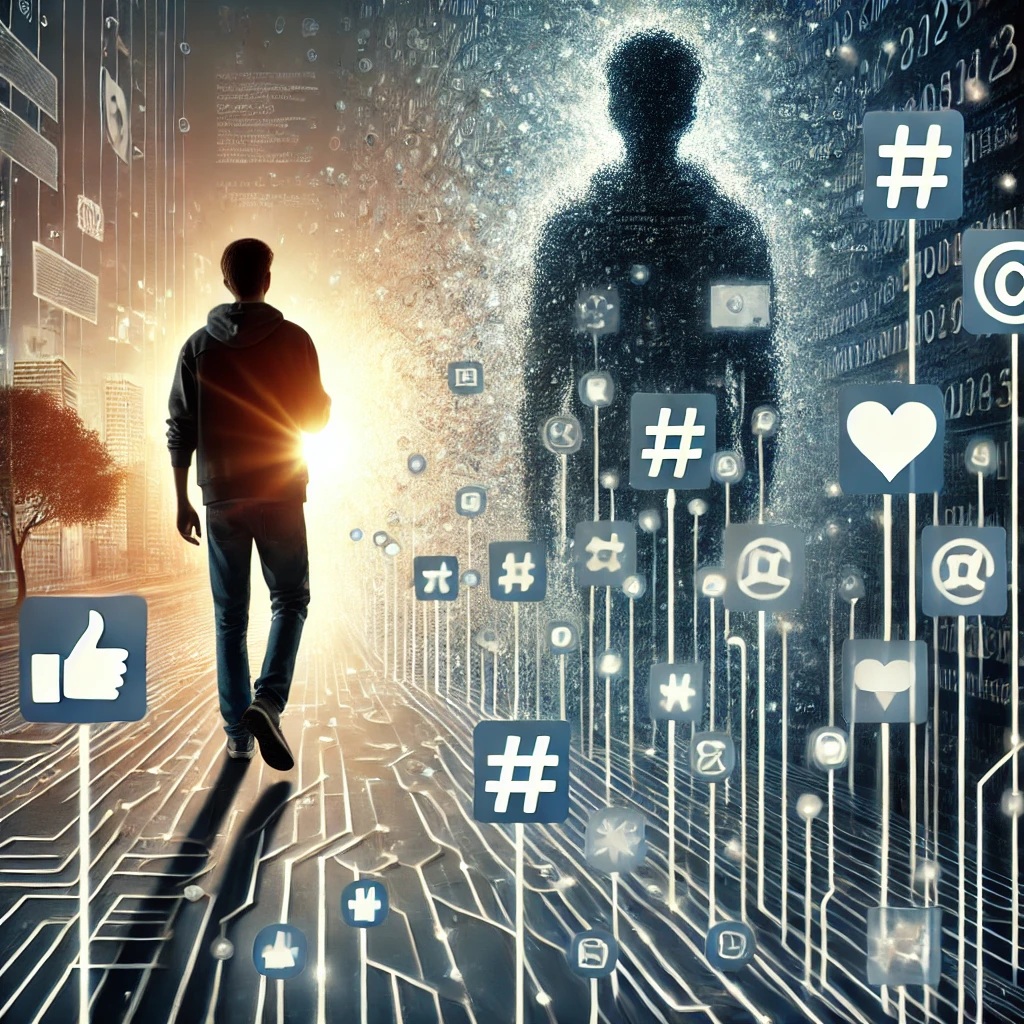I read an article called Unlike Advertising, Social Media Can’t Save a Bad Brand, Product or Service. The title caught my attention. As I read further, the author explained:
Maybe Social Media is the last thing you should be doing if…
- The majority of people have nothing nice to say about your brand.
- Your customer service center is overwhelmed with complaints.
- Your strategy is to make your products sound better than they are.
- You don’t have the time or interest to do social media with transparency and authenticity.
- You don’t care about customers—you just want the sale.
- Your heart’s not in it.
- You feel like you “don’t have time” to do it right.
In other words: you’re not ready for social media because you’re not ready to be held accountable. What the author described wasn’t just bad marketing—it was a bad company, period.
Social media can’t save a company that’s making bad decisions, producing low-quality products, or failing customers on support. It won’t save you from yourself. (Looking at you, early Zynga.) Advertising won’t either. Eventually, word gets out—one way or another.
But this isn’t just about companies anymore.
Social media also can’t save someone who makes bad decisions about their personal brand.
Back in the day…
Establishing a personal brand used to be hard—unless you were a celebrity. Word didn’t spread far or fast. Your successes, your failures, your mistakes? They stayed local. Even if you messed up badly enough to make the paper, you could move to another town and start over. Your past didn’t follow you unless someone brought it with them.
Then came computers.
At first, systems slowly connected the dots—like credit ratings. Your financial history started to follow you. You could use the same credit card globally. You had a number that defined how “reliable” you were, and that number stayed with you no matter where you went.
Now, the internet does the same thing to your reputation. But it goes further. It’s not just what you bought or paid on time—it’s who you were, what you said, and what you did. Publicly. Forever.
The New Credit Score: Your Digital Footprint
When credit ratings first became a thing, a lot of people didn’t take them seriously. They ran up debt, defaulted, and got burned. Bankruptcy had consequences. A ten-year penalty on your record made people rethink how they used money.
We’re in the early stages of the same thing with social media.
People who treated their credit carelessly paid the price. The same is happening now with digital reputations. Those who treat their online presence casually are going to feel it when it matters most.
Your Personal Brand Is Not Optional
A personal brand isn’t a logo. It’s not your LinkedIn bio. It’s what comes to mind when people think of you. And right now, people are not taking this seriously.
They don’t seem to realize that what you say and do online becomes a permanent reference. It’s not just about the post—it’s about who posted it, how often they post like that, and what kind of story they’re writing about themselves over time.
And here’s the ugly truth:
There’s no time limit on your online history. No seven-year rule. No expiration date. Everything you say or do online can be held against you, indefinitely.
Most people won’t work one job until they retire. They won’t live in the same place forever. They won’t date one person for life. Odds are, you’re going to apply for another job, move to a new city, or go on another first date. Guess what all of those people will check?
Social media.
They already are.
Employers Are Looking—and So Is Everyone Else
Recruiters and hiring managers use the internet to screen applicants. I’ve trained people to do exactly that. They look for red flags. They want to know if the resume matches the person.
And if your profile online looks like a 9-year-old’s joke account—what do you think they’ll believe? The resume, or the digital trail you update every day without thinking?
Same with dating. I’ve had guys tell me they Googled me before we met—sometimes they’d bring up that I was in Wikipedia or mention a blog post I wrote. Women I know do it too: check social profiles before the appetizer even arrives.
Landlords are catching on as well. In competitive markets, they want to know who they’re renting to. If your profile looks chaotic or careless, it might be costing you that “dream apartment” you keep missing out on.
History Repeats Itself
Social media is becoming the new credit report—only broader. Instead of just tracking your finances, it’s tracking your judgment. And we’re in the phase where people are being warned…but not enough are listening.
It’s not just what you say. It’s how you live online. And the consequences aren’t theoretical anymore—they’re already happening.
Final Takeaway
You may not think your social presence matters. You may believe it’s “just for fun.” But the truth is, your digital trail is being read—and interpreted—by people making real decisions about you. Jobs. Relationships. Housing. Opportunities.
You don’t get to decide when your online history matters.
Others already have.
The only question left is: what will they find?
📌 Changelog
- April 10, 2025: Article re-written to update information and remove broken link. Added image.
- Dec 15, 2015: Fixed formatting.
- Apr 19, 2010: Original article posted.






